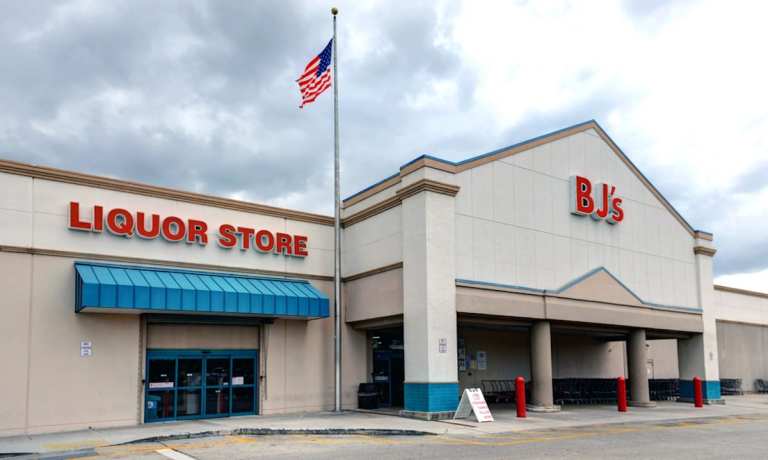Citizens Financial, BJ’s Wholesale BNPL Pact Shakes Up Retail’s Hottest Finance Party

Look out, Klarna. Move over, Affirm. Heads up, Afterpay. Citizens Financial is crashing the BNPL party and looking to play ball.
This, as the Rhode Island-based traditional lender announced its buy now, pay later (BNPL) tie-up with discount retailer BJ’s Wholesale — not only staking its own claim on the fastest-growing segment of retail finance, but also bringing newfound outside competition to a space dominated by a handful of specialized FinTech firms.
While retail BNPL partnership announcements — such as that between Target and Sezzle this week — are now a common occurrence, BJ’s decision to enter the field with a mainstream bank rather than a purpose-built player is notable on many fronts.
“Citizens Pay brings convenient and flexible payment options to consumers and allows us to offer affordable solutions through a transparent and easy-to-use experience,” Citizens Pay President Andrew Rostami said in the announcement. “BJ’s members will now have access to modern, monthly installment plans that work for them so they can make large purchases responsibly,” he added of the program that will be available in 200+ stores for items worth $99 or more.
The BNPL offering will come to a variety of BJ’s digital purchasing services, offered for consumers using delivery, curbside pickup or buy online, pick up in-club. Members can select terms of three months, six months, 12 months or 24 months depending on the amount of the transaction. According to BJ’s SVP and GM Chris DeSantis, the goal of the expansion is simple: to create more flexibility for [members] to purchase what they need, when they need it.
Partnerships with mainstream financial players is a variation on an increasingly common theme in the payment ecosystem, as banks are beginning to move in on the territory already staked out by FinTechs in an attempt to ride the rising BNPL tide. Recent research has found that BNPL use in the U.S. grew by more than 200 percent last year, projecting that installment payment plans and other point-of-sale financing options could reach $680 billion in eCommerce spending globally by 2026, nearly double its value today.
BNPL’s Growing Profile
According to PYMNTS data, BNPL has been the beneficiary of growing consumer unease with traditional credit products, such as revolving credit. Some 20.3 percent of younger consumers reported having poor credit, while 18.8 percent lacked credit history.
While BNPL was once a niche offering unfamiliar to the majority of consumers in the U.S., as of early summer 2021, it is showing up in increasingly mainstream locations. Target, for example, announced this week that it has launched a three-year partnership with BNPL startup Sezzle to bring its interest-free installment loans to Target customers nationwide.
“Under the agreement, Sezzle’s product will be used in-store and across Target’s digital platforms, providing guests access to interest-free payment plans for purchases made at Target,” the release stated.
Sezzle noted that its platform increases the purchasing power for millions of active Target consumers by offering an interest-free installment plan online and at select in-store locations. Consumers will receive an instant answer when they apply for the program, securing financing that does not affect their credit score unless they opt into a credit-building feature called Sezzle Up.
A Collaborative Future In A Crowded Space
Whether the BNPL competition will ever really come to a head between traditional and emerging financial services players is far from being a foregone conclusion. Some, like Sezzle CEO Charlie Youakim, predict that collaboration will be the more likely path for BNPL’s entrance into the mainstream. Banks and BNPL specialists might discover that they work better together than against each other, he noted.
“We’re talking to the big retailers out there and showing them that we can work with the financial institution that they have a contract with, and we can plug them in,” he said. “We don’t have to conflict. We can work together.”
Read More On BNPL:
- New Data: Timing Is Key to Success of Installment Plan Offers
- BNPL Firms Ask for 5 More Months to Prepare for CFPB Rules
- Chase to Decline Credit Card Payments for Third-Party BNPL Plans
- Klarna Reportedly Prepping for Possible 2025 US IPO